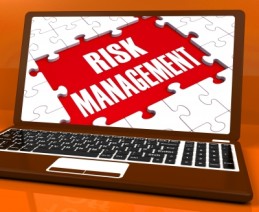


Assessing the Board’s Role Before the Next Crisis
From The National Association of Corporate Directors and The Wall Street Journal:
As a host of threats continue to mount against organizations, more boards are weighing a broader, more proactive approach to crisis management. This is a positive development: in doing so, these boards are opening the door to adding significant value and stability to the organizations they oversee.
Boards are uniquely placed to anticipate and oversee crisis events objectively through the lens of risk management and the strength (or weakness) of an organization’s crisis preparedness. In many recent high-profile cases, an organization’s management may play a key role in causing or not properly anticipating a threat that could lead to a crisis event. According to a survey by the Institute for Crisis Management based on reports of more than 220,000 crisis events that occurred in 2014, the vast majority of crises were derived from issues that were within the control or oversight of organizations, led by the categories of mismanagement, white collar crimes, and whistleblower events. Together these accounted for more than half of all events examined. These findings suggest why boards should hold management accountable for the types of behaviors that can lead to damaging events, including lack of foresight.
To read the rest, please click here.
Photo Credit: FreeDigitalPhotos.net and Stuart Miles